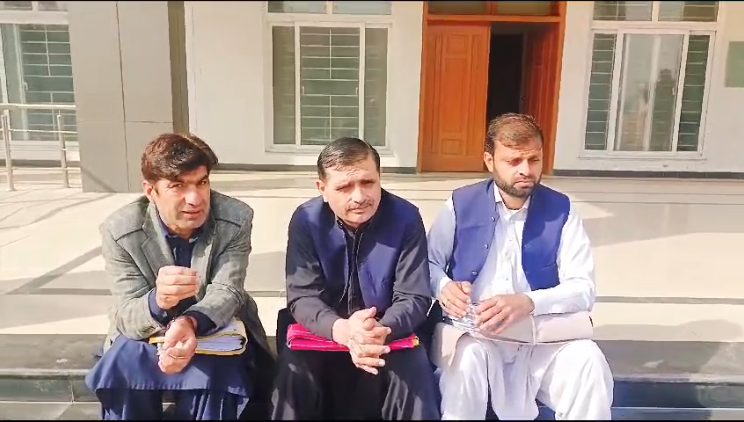In a dramatic turn of events, Pakistan Tehreek-e-Insaf (PTI) workers in Mardan have found themselves stranded in legal limbo, as their own party’s legal team refused to represent them. Senior PTI leaders Sahibzada Mehmood and Shahid Siraj revealed that despite agreeing to pay a hefty sum of two lakh rupees, PTI-affiliated lawyers still refused to take up their case, leaving them without legal support.
For a party that once prided itself on unity and resistance, this abandonment raises serious concerns. PTI workers, who have been at the forefront of protests and political struggles, now find themselves paying the price for their loyalty—not just in legal battles, but in the form of disillusionment and betrayal.
One critical question remains: Did PTI’s legal team back off due to financial disagreements, or was there political pressure at play? With increasing crackdowns on PTI members, some argue that lawyers fear state repercussions if they defend party activists. Others believe this is yet another example of how money and political priorities dictate legal representation.
This incident also highlights PTI’s growing internal fractures. If even the party’s legal wing refuses to stand by its workers, what does this mean for the party’s long-term survival? Will grassroots supporters continue to sacrifice for leadership that seemingly does not have their back?
As PTI members continue to face legal hurdles, this case serves as a harsh reality check. The party’s loyal workers now stand alone in courtrooms, fighting for a cause that their own legal representatives have seemingly abandoned.
This episode is not just about a single case in Mardan—it’s about the broader implications for PTI’s legal and political future. If party workers lose faith in their leadership’s ability to support them, it could mark the beginning of a shift in political allegiances. The real test for PTI now is whether it can regain the trust of its own people before it’s too late.


